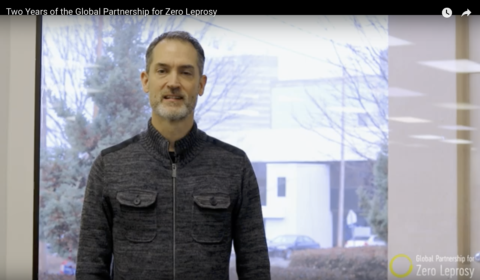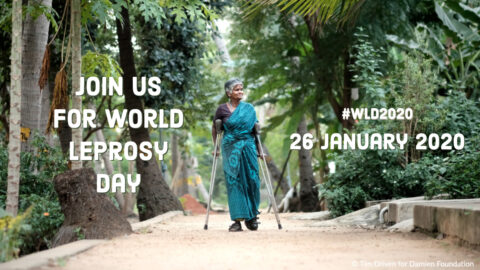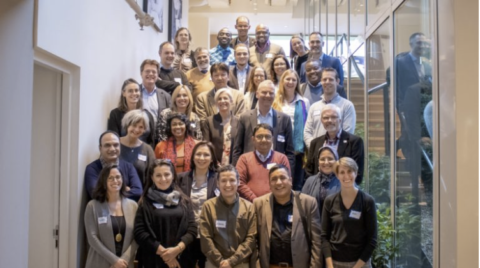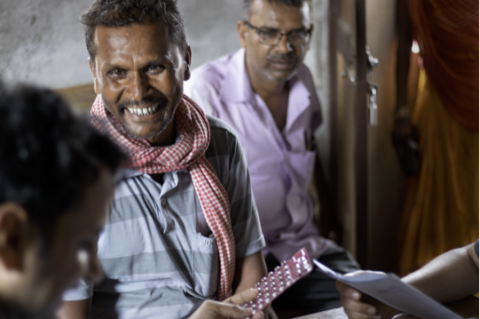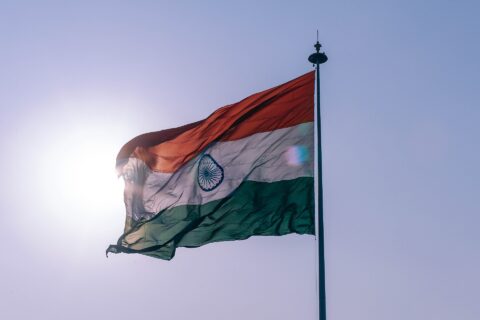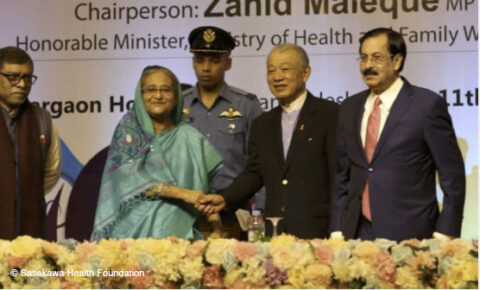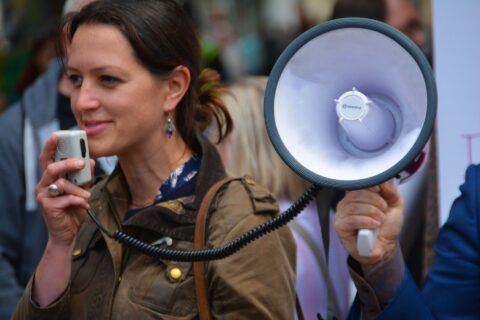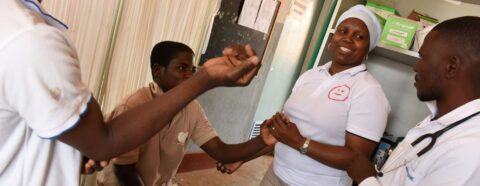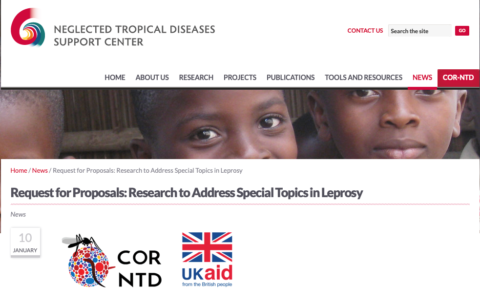ILEP meetings March 2020
Together with The Leprosy Mission International, we are looking forward to welcoming all ILEP Members to Brentford for ILEP’s upcoming meetings, which will take place from 16 to 20 March 2020.
ILEP Conference on Digital Technologies and Leprosy Expertise
The ILEP Conference on Digital Technologies and Leprosy Expertise will take place on Monday 16 to Wednesday 18 March at the Holiday Inn Brentford Lock.
The conference has two interconnected purposes: 1) for ILEP Members to learn from one another’s experiences in the use of innovative digital technologies to improve programmes and services, 2) and to identify possible solutions for the chronic problem of loss of leprosy expertise. It is expected that the outcomes will benefit ILEP, GPZL and the leprosy world as a whole.
The first part of the conference will focus on sharing experiences regarding the application of digital technologies in mapping, diagnostics, patient management and health information systems. Participants will be able to compare the benefits of different approaches and gain awareness of potential new technologies being developed.
The second part of the conference will focus on better understanding the specific levels of leprosy knowledge or capacity required in order to achieve zero leprosy, developing a framework for innovative capacity building packages and understanding the potentials and constraints of using digital technologies to build leprosy knowledge/capacity.
ILEP Communications Network meeting
The 2020 ILEP Communications Network meeting will take place on Tuesday 17 and Wednesday 18 March at the TLMI office. The meeting will focus on three key elements of communications which were identified as being priorities by the network: press readiness, social media and metrics.
ILEP’s Advisory Panel, Technical Commission and Country coordination meetings
The ILEP Advisory Panel, Technical Commission and Country coordination meetings will take place on Thursday 19 March at TLMI office. The Panel and ITC are expected to attend the three-day conference before their meetings on Thursday. The country coordination meeting will focus on India and discuss how collaboration and information sharing can be improved at country level.
ILEP Members Assembly
The ILEP Members Assembly will take place on Friday 20 March at TLMI office. The morning session will include presentations from the WHO Global Leprosy Programme, Novartis and the Global Partnership for Zero Leprosy, as well as reports and recommendations from the Advisory Panel, ITC, Executive Board and Country Coordination workshop. The afternoon session is closed to CEOs and will include discussions on ILEP’s policy and advocacy positions, how to ensure diverse and robust leadership within ILEP, the process and timeline for the development of ILEP’s strategy 2021-2023 and ILEP’s annual and financial reports from 2019.
For more information, please contact Monty Mukhier.
